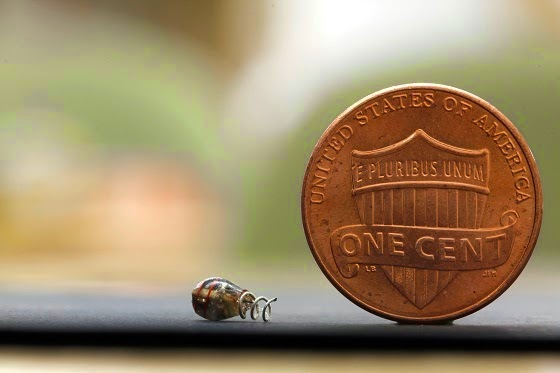FDA clears 400 new medical implants per year without clinical testing
Information is lacking on most implanted medical devices cleared by the U.S. Food and Drug Administration despite a legal requirement that companies submit scientific evidence about the devices’ substantial equivalence to other devices already on the market.
Under what is known as the 510(k) review, the FDA clears about 400 implanted medical devices without clinical testing each year for market that are considered moderate to high risk. The FDA has a process that requires the applicant to provide scientific evidence that the new device is “substantially equivalent” to devices already on the market. The companies are legally required to submit the evidence to the FDA and to make publicly available at least a summary of the evidence.
Widget not in any sidebars
The authors examined what kind of evidence companies submitted about their devices and whether it was publicly available by using FDA databases. The authors identified the first two implanted medical devices approved in each of five categories for each year from 2008 through 2012, and their sample of 50 devices included total hip implants, vascular embolization devices and surgical mesh. They also identified 1,105 “predicates,” or devices already on the market, that companies listed for their devices.
Scientific data to support a claim of substantial equivalence were publicly available for 8 of the 50 (16 percent) newly cleared implants and 31 of their 1,105 (3 percent) predicate devices. Most of the evidence was nonclinical data and some of it also evaluated the safety or effectiveness of the devices.
Discussion: “For implants cleared between 2008 and 2012, however, we repeatedly found that scientific evidence of the substantial equivalence, safety or effectiveness of medical devices was not publicly available in accordance with the legal requirements. To protect the public health and allow for independent judgment of the quality of the scientific evidence that supports the marketing of medical devices, the FDA should enforce the law.”
Author: Diana Zuckerman, Ph.D, of the National Center for Health Research, Washington, and colleagues. JAMA Intern Med. Published online September 29, 2014. doi:10.1001/jamainternmed.2014.4193. Available pre-embargo to the media at http://media.jamanetwork.com.



